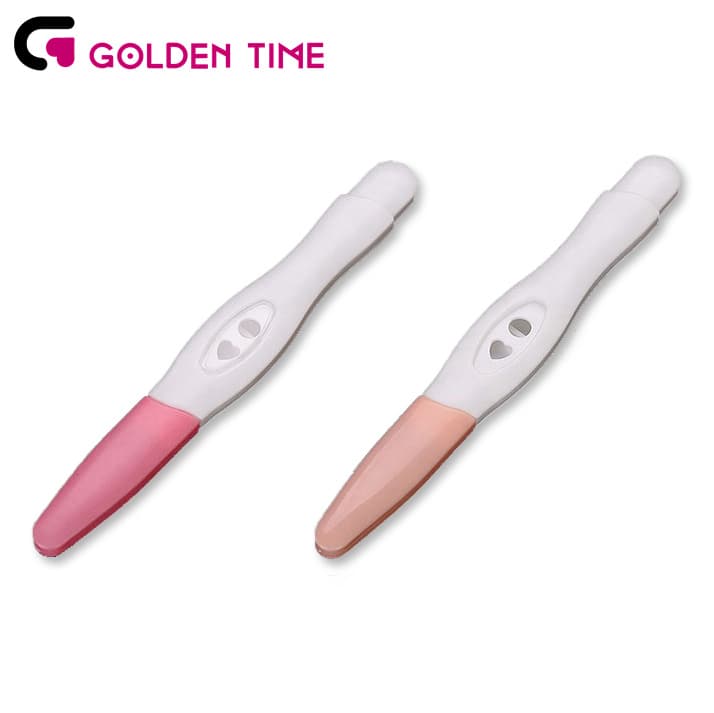Jan . 14, 2025 12:17 Back to list
h. pylori ag rapid test device
Testing for Helicobacter pylori, a bacterium linked to various gastrointestinal disorders, is critical for individuals experiencing persistent digestive symptoms. As more people seek reliable methods to diagnose and address potential infections, understanding testing options and their efficacy becomes paramount.
Each testing method brings its own set of expertise, authority, and trustworthiness. The choice of which diagnostic approach to use often depends on factors such as patient history, symptom severity, and the clinical setting in which testing is performed. For instance, in a primary care setting where immediate results are desirable, the urea breath test may take precedence due to its speed and accuracy. Having access to authoritative guidance on the best diagnostic approach for H. pylori plays a crucial role in the patient experience. It's not just about identifying the presence of bacteria, but also about understanding the implications of the diagnosis and potential treatment pathways. Patients value expert advice, ensuring they receive a treatment plan tailored to their specific needs and circumstances, which reinforces trust in the healthcare process. Navigating through various testing options requires professional insight. Both healthcare providers and patients benefit from accessible, expert-driven content that details the benefits, limitations, and expected outcomes of each test. Simplifying complex medical information into understandable terms fosters informed decision-making and enhances the perceived expertise and authority of healthcare practitioners. The landscape of H. pylori testing is continually evolving to improve patient experience and outcomes. The amalgamation of advancements in diagnostic technologies with professional expertise ensures that individuals receive timely and accurate diagnoses. Trust becomes an inherent byproduct when patients feel informed and confident in the testing and subsequent care they receive. In conclusion, testing for Helicobacter pylori is more than a clinical necessity; it is a journey that intertwines experience, expertise, authority, and trust. As the understanding of this common bacterium expands, so too does the importance of reliable and expert-endorsed testing methodologies. Empowering patients with knowledge and choices in their diagnostic journey highlights the commitment of healthcare professionals to prioritize patient wellbeing and informed health management.


Each testing method brings its own set of expertise, authority, and trustworthiness. The choice of which diagnostic approach to use often depends on factors such as patient history, symptom severity, and the clinical setting in which testing is performed. For instance, in a primary care setting where immediate results are desirable, the urea breath test may take precedence due to its speed and accuracy. Having access to authoritative guidance on the best diagnostic approach for H. pylori plays a crucial role in the patient experience. It's not just about identifying the presence of bacteria, but also about understanding the implications of the diagnosis and potential treatment pathways. Patients value expert advice, ensuring they receive a treatment plan tailored to their specific needs and circumstances, which reinforces trust in the healthcare process. Navigating through various testing options requires professional insight. Both healthcare providers and patients benefit from accessible, expert-driven content that details the benefits, limitations, and expected outcomes of each test. Simplifying complex medical information into understandable terms fosters informed decision-making and enhances the perceived expertise and authority of healthcare practitioners. The landscape of H. pylori testing is continually evolving to improve patient experience and outcomes. The amalgamation of advancements in diagnostic technologies with professional expertise ensures that individuals receive timely and accurate diagnoses. Trust becomes an inherent byproduct when patients feel informed and confident in the testing and subsequent care they receive. In conclusion, testing for Helicobacter pylori is more than a clinical necessity; it is a journey that intertwines experience, expertise, authority, and trust. As the understanding of this common bacterium expands, so too does the importance of reliable and expert-endorsed testing methodologies. Empowering patients with knowledge and choices in their diagnostic journey highlights the commitment of healthcare professionals to prioritize patient wellbeing and informed health management.
Latest news
-
Dengue NS1 Rapid Diagnostic Test Kit
NewsMar.07,2025
-
Dengue NS1 Rapid Diagnostic Test Kit
NewsMar.07,2025
-
Dengue NS1 Rapid Diagnostic Test Kit
NewsMar.07,2025
-
Transferrin Rapid Test Cassette Tumor Marker TF Card
NewsMar.07,2025
-
Malaria Pf Pan Rapid Diagnostic Test Kit
NewsMar.07,2025
-
malaria pf / pan ag rapid test
NewsMar.07,2025

